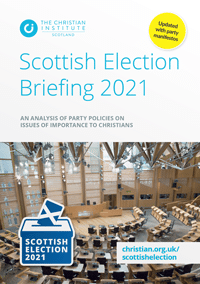
Scottish Election Briefing 2021
An analysis of party policies on issues of importance to Christians
Elections for the Scottish Parliament take place on 6 May 2021.

Elections for the Scottish Parliament take place on 6 May 2021.
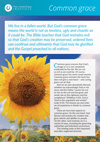
We live in a fallen world. But God’s common grace means the world is not as loveless, ugly and chaotic as it could be. The Bible teaches that God restrains evil so that God’s creation may be preserved, ordered lives can continue and ultimately that God may be glorified and the Gospel preached to all nations.
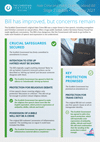
The Scottish Government’s original Hate Crime Bill was a major threat to free speech, including evangelism and Christian comment on sexual ethics. After a huge public backlash, Justice Secretary Humza Yousaf has made significant concessions. The Bill is less dangerous. But the Government still needs to go further to make sure freedom of speech and expression is not undermined.
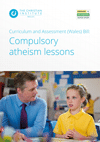
There are good laws covering Religious Education in Wales. This framework is to be scrapped and replaced by arrangements which can be controlled by atheists and those personally opposed to religious faith.
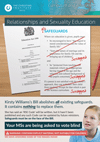
Kirsty Williams’s Bill abolishes all existing safeguards. It contains nothing to replace them. She has said an ‘RSE Code’ will be written, but it hasn’t been published and any such Code can be updated by future ministers.
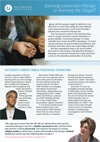
Jesus told the woman caught in adultery to ‘go and sin no more’. But saying the same thing to a practising homosexual could mean breaking a planned new conversion therapy law.
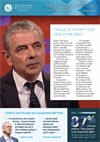
Vague ‘stirring up hatred’ offences in the Scottish Government’s Hate Crime Bill threaten free speech, including evangelism and Christian comment on sexual ethics. The plans have triggered a huge public backlash.
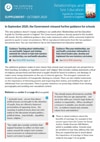
In September 2020, the Government released further guidance for schools
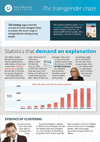
This briefing argues that the concept of social contagion helps to explain the recent surge in transgenderism among young people.
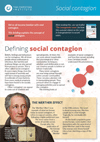
We’ve all become familiar with viral contagion. This briefing explains the concept of social contagion.